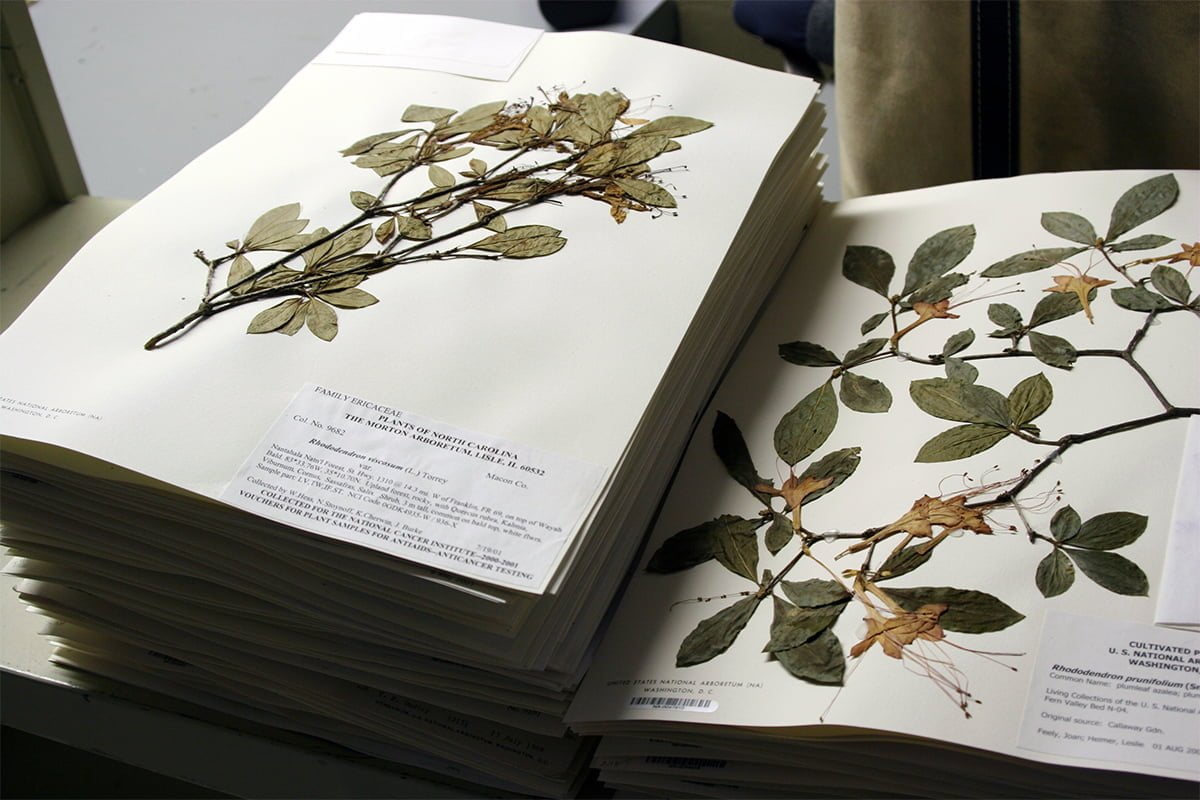To find your local, native Milkweed (Asclepias) species in your area, you can follow these steps:
1. Consult local botanical resources
Check with your local botanical gardens, arboretums, or nature centers. They often have educational resources, plant databases, or knowledgeable staff who can provide information about native plant species, including Milkweed. They may have specific information on the native Milkweed species in your region.
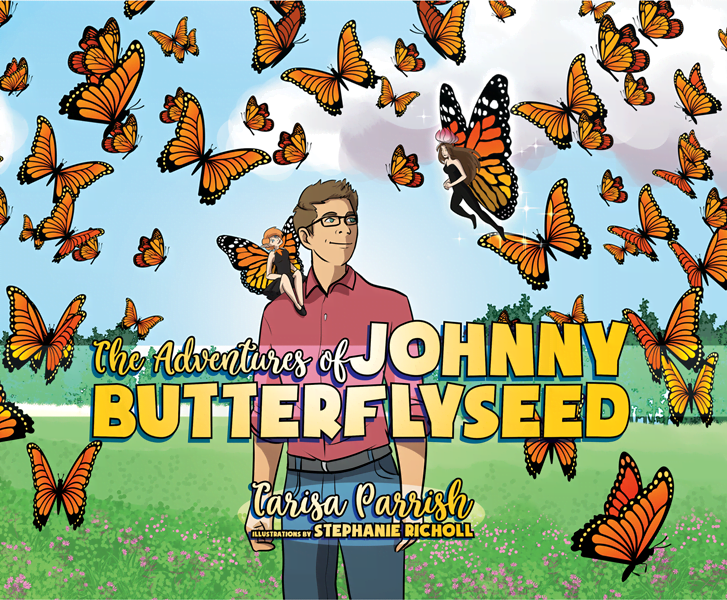
The Adventures of Johnny Butterflyseed – Author Signed First Edition Children’s Book
Save the monarchs!
Johnny Butterflyseed and his fairy friend, Raven Silverwing, embark on a mission to save the rapidly disappearing butterflies. They enlist the help of Queen Venus Goldwing and her kingdom of monarchs to educate and inspire kids to become butterfly farmers. At first, Johnny faces his own internal struggle with self-doubt and fear in his ability to make a difference, but then soon develops a mindset that allows him to not only get started, but also make progress one day at a time. Through challenge after challenge, Johnny learns that he is not alone in his mission and that there are many people who want to help. Together, Johnny, Raven, and Queen Venus educate thousands of children on becoming butterfly farmers.
2. Contact local native plant societies or organizations
Native plant societies or conservation organizations focused on local flora can be excellent sources of information. They typically have experts who can guide you to the specific Milkweed species native to your area. They may also organize events or plant sales where you can find native Milkweed.

3. Research online resources
There are several online resources that can help you identify native plant species in your region. Websites such as the United States Department of Agriculture (USDA) Plants Database or the Lady Bird Johnson Wildflower Center’s Native Plant Database provide searchable databases where you can look up native plants by location. Enter your location or state, and search for Milkweed or Asclepias to find the native species in your area.
4. Field guides and regional plant books
Look for field guides or regional plant books that focus on the flora of your specific geographic area. These resources often contain detailed information about native plants, including Milkweed species. They may include photographs, descriptions, and distribution maps to help you identify the specific Milkweed species native to your region.
5. Connect with local gardening or ecological groups
Engaging with local gardening clubs, native plant enthusiasts, or ecological restoration groups can provide valuable insights. Attend local plant walks, workshops, or meetings where you can meet fellow enthusiasts who have knowledge about the native plants, including Milkweed, in your area.
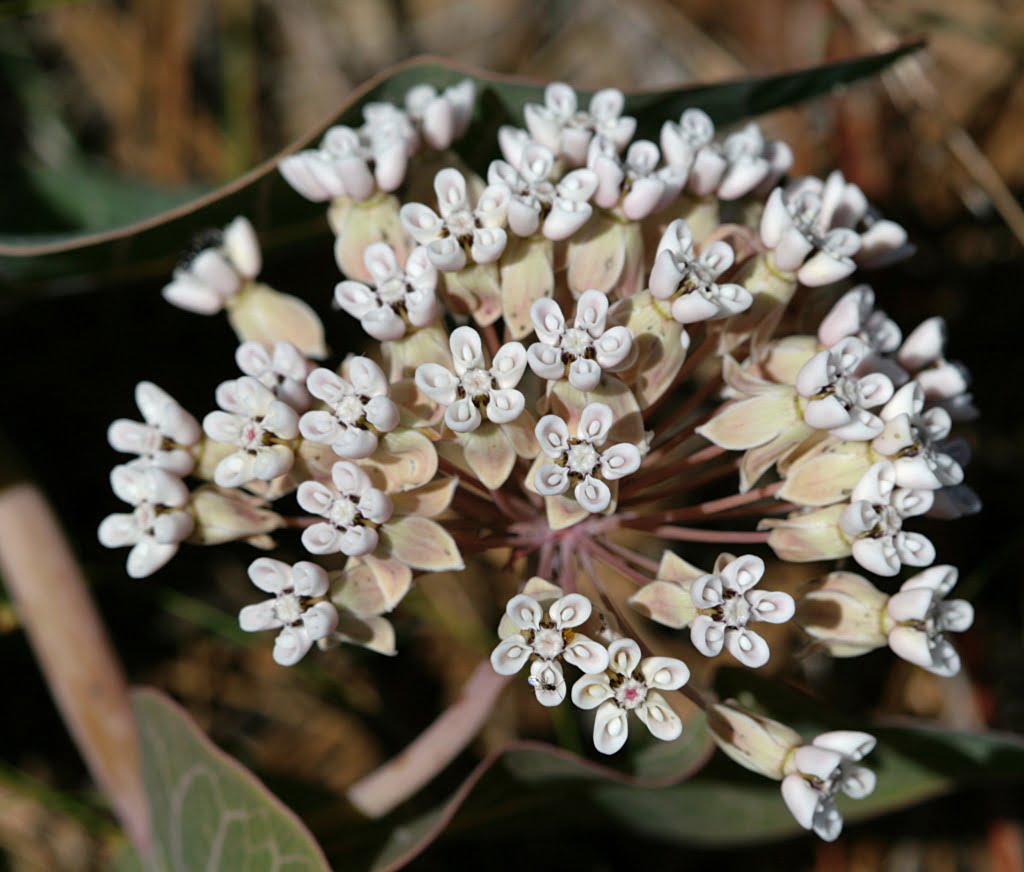
10 Sandhill Milkweed Seeds Ascslepias Humistrata Pinewood Milkweed Florida-Native
With Johnny Butterflyseed’s Sandhill Milkweed seeds, you’re not just planting flowers; you’re cultivating a living mosaic of nature’s marvels. 10+ Florida Native seeds.
6. Seek advice from local nurseries or native plant suppliers
Local nurseries or plant suppliers specializing in native plants can be valuable resources. They often carry native species, including Milkweed, and can guide you to the appropriate species for your region. They may also provide information on their website or in-store about the native plants they offer.
7. Ask Johnny!
Don’t be afraid to reach out with questions. You can find Johnny on Facebook or Instagram. You can email johnnybutterflyseed at gmail.com. You can call (904) 515 3482. You can also write or send returns to 4200 Sebring Parkway #223 Sebring, FL 33870.
Remember, the native Milkweed species can vary depending on your specific location, climate, and ecosystem. It’s important to identify the species native to your region to support local biodiversity and provide the best habitat for monarch butterflies and other pollinators… one day at a time!
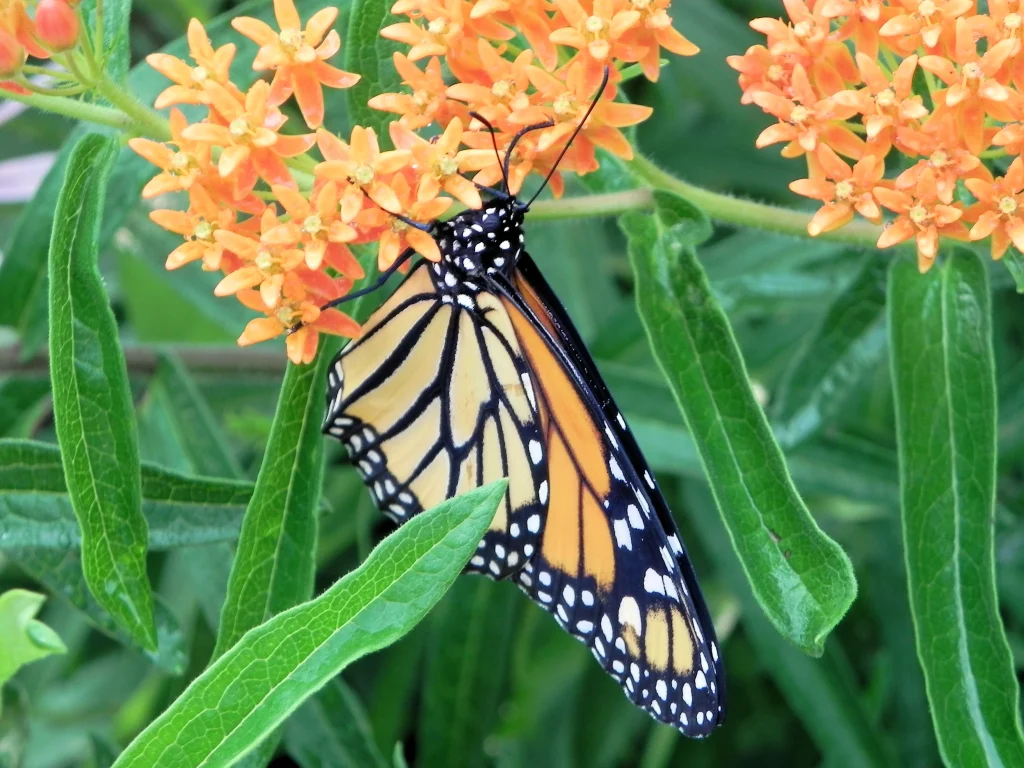
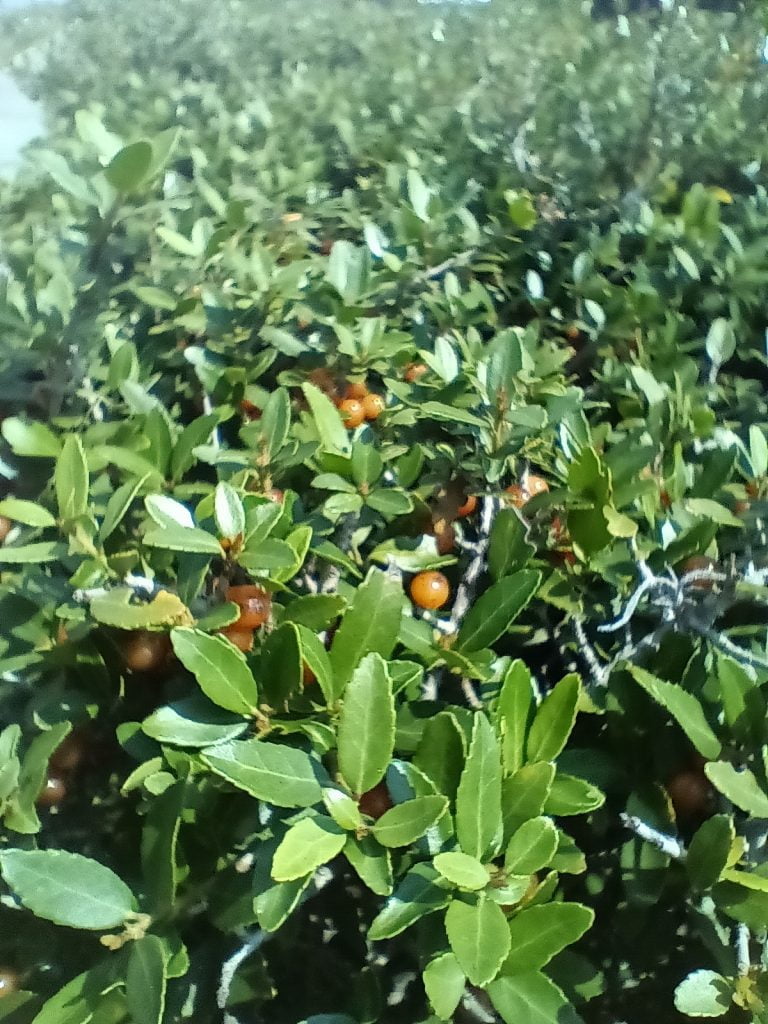
20 Florida-Native “Black Drink Holly” Seeds (Ilex nigrempotum) formerly “Yaupon”
20 or more seeds of the Florida-native, Black Drink Holly (Ilex nigrempotum), formerly known as “Yaupon.” Origin: Polk Co. FL Zone 9b.
